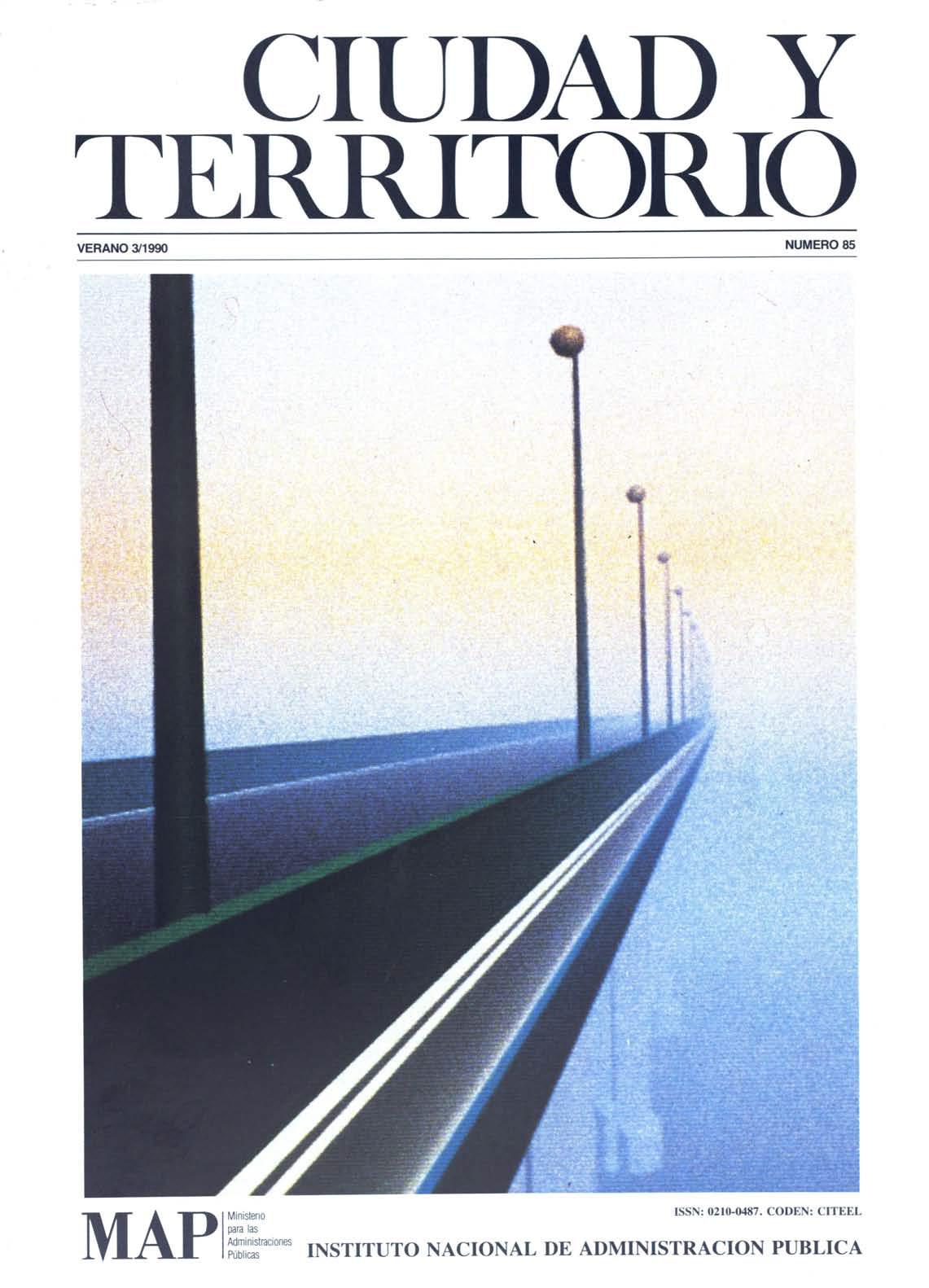Social impact studies in an urban setting: The First Barcelona Ring Road
Abstract
The article interests itself with the impact of a public works project in a city setting: the Ist. Barcelona Ring Road. After a discussion of the methodological basis of its social impact study, the historical and political background to the driving through of this major carriage way are detailed here and mention is made of the road's being part of the undertakings tied in with the celebration of the '92 Olympics. The lively debate as to the line the road has been given, these both at a technical and a political level, have led to protest movements against its being carried through. The author finishes by putting forward the need to proceed from principles of mutual agreement as among the parts affected and calles for a making the most of all the positive advantages such public works offer, this given that the intervention affects owned ground within the city, creates infra-structures and is, in short, a city action initiative that ought thus to benefit the lot of the community it affects.
Downloads
Downloads
Published
How to Cite
Issue
Section
License
Copyright (c) 1990 Rosa Junyent Comas

This work is licensed under a Creative Commons Attribution-NonCommercial-NoDerivatives 4.0 International License.
Considering the provisions of the current legislation on Intellectual Property, and in accordance with them, all authors publishing in CyTET give -in a non-exclusive way and without time limit- to the Ministry of Transport, Mobility and Urban Agenda the rights to disseminate, reproduce, communicate and distribute in any current or future format, on paper or electronic, the original or derived version of their work under a Creative Commons Attribution-NonCommercial-NoDerivative 4.0 license International (CC BY-NC-ND 4.0), as well as to include or assign to third parties the inclusion of its content in national and international indexes, repositories and databases, with reference and recognition in any case of its authorship.
In addition, when sending the work, the author(s) declares that it is an original work in which the sources that have been used are recognized, committing to respect the scientific evidence, to no longer modify the original data and to verify or refute its hypothesis. Author(s) also declare that the essential content of the work has not been previously published nor will it be published in any other publication while it is under evaluation by CyTET; and that it has not been simultaneously sent to another journal.
Authors must sign a Transfer of Rights Form, which will be sent to them from the CyTET Secretariat once the article is accepted for publication.
With the aim of promoting the dissemination of knowledge, CyTET joins the Open Journal Access (OA) movement and delivers all of its content to various national and international indexes, repositories and databases under this protocol; therefore, the submission of a work to be published in the journal presupposes the explicit acceptance by the author of this distribution method.
Authors are encouraged to reproduce and host their work published in CyTET in institutional repositories, web pages, etc. with the intention of contributing to the improvement of the transfer of knowledge and the citation of said works.








 Enlace a CyTET en Linkedin
Enlace a CyTET en Linkedin